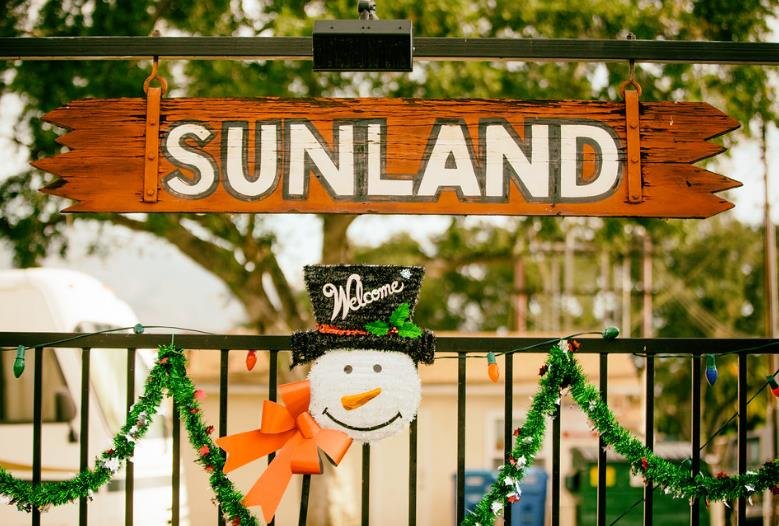Sunland Park, a city in southern Doña Ana County, is facing high levels of food insecurity among its residents, especially amid the COVID-19 pandemic and its economic and social consequences. Many families rely on emergency food assistance from nonprofits and charities, but the lack of a local food pantry makes it difficult to access and store food in the area.
Currently, the main organization that provides food in Sunland Park is Casa de Peregrinos, a Las Cruces-based emergency food pantry that operates a mobile food pantry in the city. However, this service is limited by time and space constraints, and does not meet the demand of the population. If residents miss the designated hours and dates of the mobile food pantry, they have to travel to Las Cruces or other locations to get food, which is costly and inconvenient.

To address this problem, the city of Sunland Park, in collaboration with local advocacy groups, is seeking to build a new food pantry that would serve as a food storage and distribution hub for the community. The pantry would offer fresh and nutritious food to the residents, as well as other services such as nutrition education, cooking classes, and referrals to other resources.
The funding and planning of the project
The city of Sunland Park has already secured $1.35 million for the proposed food pantry, and has hired an architectural firm to work on the plans. The site for the pantry has been selected on city-owned land next to Doña Ana Community College’s Sunland Park campus. The pantry would have a capacity of 10,000 square feet, and would be able to serve up to 5,000 families per month.
However, the city needs another $4 million to complete the project, and is asking the state lawmakers to allocate the funds in the capital outlay bill during the current legislative session that ends on Feb. 15. The city officials and advocates have pitched the request to the legislators, emphasizing the urgency and importance of the project for the well-being of the residents.
The lawmakers have expressed interest and support for the project, but have also suggested phasing the funding over several years, rather than granting the full amount this year. The city officials and advocates have opposed this idea, arguing that it would delay the construction and increase the costs of the project. They have urged the lawmakers to fully fund the project this year, so that it can be completed by 2025.
The feedback and benefits of the project
The project has received positive feedback and input from the residents and stakeholders of Sunland Park, who have attended several meetings and sessions to discuss the details and features of the pantry. The residents have expressed their needs and preferences, such as having a large waiting room, offering a variety of food options, and providing cultural and linguistic sensitivity.
The project is expected to have significant benefits for the community, such as:
- Reducing hunger and malnutrition among the residents, especially children, seniors, and people with chronic diseases
- Improving the health and quality of life of the residents, as well as their academic and work performance
- Creating jobs and economic opportunities for the local people, as well as attracting more businesses and investments to the area
- Enhancing the social cohesion and solidarity of the community, as well as the civic engagement and participation of the residents
The project is also expected to have a positive impact on the region and the state, as it would serve as a model and a precedent for other communities that face similar challenges of food insecurity and poverty. It would also contribute to the state’s goals of reducing hunger and improving food systems, as well as to the global goals of achieving food security and nutrition for all by 2030.
















